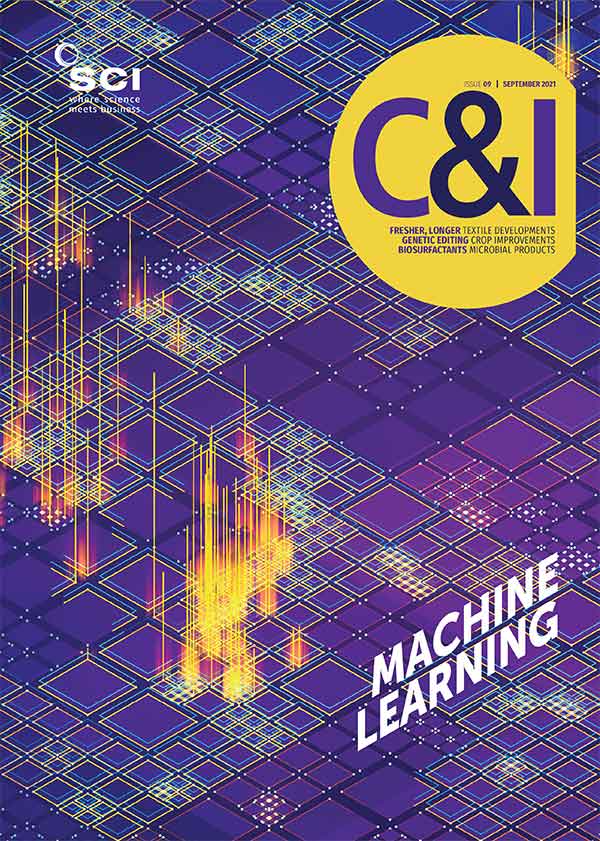Neil Eisberg | Editor
Much of the discussion on plastic waste has focused on recycling and reuse, as well as replacement by other materials or approaches, like refillable containers. While these discussions are entirely relevant and worthwhile, the whole issue ultimately comes down to the willingness of consumers to sort and collect plastic waste or take their own refillable containers to supermarkets or other retail outlets to restock their preferred products.
These cultural aspects of plastic waste often tend to be overlooked or dismissed – the technological developmental aspects have overshadowed the cultural and economic changes that should go hand in hand if zero-waste shopping is to become the new normal.
This viewpoint has been highlighted by researchers at Germany’s Institute for Advanced Sustainability studies (IASS) in a recent study (Cleaner and Responsible Consumption, 2021, 3, 100022). According to the study, 96% of the German population consider it important to reduce packaging waste, however, end user consumption has increased continuously since 2009. In 2018, the amount totaled 3.2m t, more than double the amount in 1997. Perhaps more importantly, per capita packaging consumption in Germany currently stands at 228kg, higher than the European average of 174kg.
‘Recycling only treats the symptoms of the plastic crisis and does note address the root cause, waste generation itself,’ said the report’s lead author, Jasmin Wiefek. The researchers wanted to understand the barriers that prevent German consumers from reducing their plastic packaging consumption, and through the use of focus groups determined 12 key barriers.
The barriers identified range from habit and lack of knowledge through pricing and lack of availability of alternatives to convenience and time constraints. Consumer culture in terms of the availability of a wide range of products when shopping was translated by the researchers into an indirect demand for a wide range that is difficult for zero waste/low plastic retailers to provide. Another important aspect was determined to be today’s culture of spontaneous and ‘on-the-go’ consumption, which makes it difficult to reduce packaging.
Participants in the study often preferred plastic packaging due to material properties including lightweight, shatter-proof, etc, as well as lower pricing for goods already packaged in plastic. Convenience is a major constraint, due to limited time and the relatively limited numbers of zero-waste shops to which consumers must bring their own containers and product availability in shops.
‘Our results show that at present a lot of effort and knowledge is required for consumers to avoid plastic packaging. If we want to make low-waste goods and goods without single-use packaging the cheapest and most convenient option, we will need to change the relevant infrastructures, economic incentives and political framework conditions,’ says project leader and report co-author Katharina Beyerl.
She notes that the reduction in plastic packaging use will not be achieved by merely asking consumers to shop exclusively in zero-waste stores. It requires fundamental changes in societal structures and lifestyles as well as a cultural shift.
Convenience and low costs that are compelling drivers for consumers are described as a ‘convenient truth’ by Tony Ryan of the Grantham Centre for Sustainable Futures*, that does not recognise the inherent value of the plastics and the cost to the planet.
Writing in Science, Ryan joined other US research co-authors including Lashanda Korley and Thomas Epps, from the University of Delaware, and Brett Helms from the Lawrence Berkeley National Laboratory in California, in calling for a rethink about plastics. ‘Cynical “greenwash” is the biggest problem for plastics sustainability,’ says Ryan, who is also particularly concerned about marketing strategies that claim certain plastic products are ‘green’ and biodegradable to draw well-intentioned consumers.
Ryan sees a ‘circular economy’ as critical, valuing recycling and upcycling and the development of new material but pointing out that none of these responses represent a ‘silver bullet’. The true value of plastics needs to be recognised, he emphasises.
‘For all of these issues where science and engineering and society intersect, the answer is always: It’s complicated,’ he says, adding that a more accurate perspective is to see the plastics problem as related to the climate change problem without allowing it to be a distraction.
‘Climate change is an inconvenient truth and an invisible truth,’ he adds. ‘You can’t see what’s causing it and you can’t see carbon dioxide in the atmosphere. You don’t associate driving to the store with climate change. You do associate things with plastics waste – and that is a convenient truth. We have no problem taking fossil fuels and turning them into plastics. But now we need to take care of that precious plastic. Don’t just throw it away. It’s just too cheap. Because of the pollution problem, we need to give it an artificially high price.’
But life cycle analysis will be key to making evidence-based decisions, he emphasises, but consumers and lawmakers cannot do that on their own. ‘Its far more complex than most people are willing to consider.’
See Ryan’s SCI public online lecture on The second century of plastics on 4 June 2020 on YouTube (link opens in a new window).





